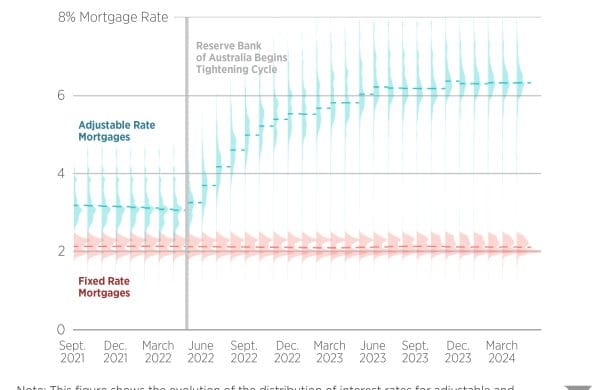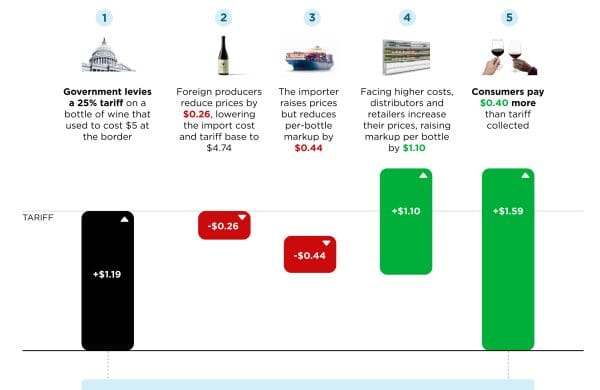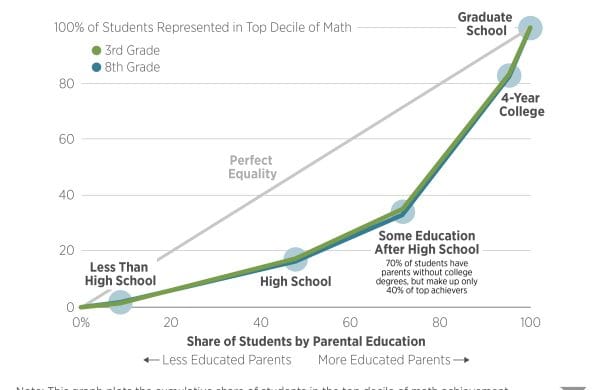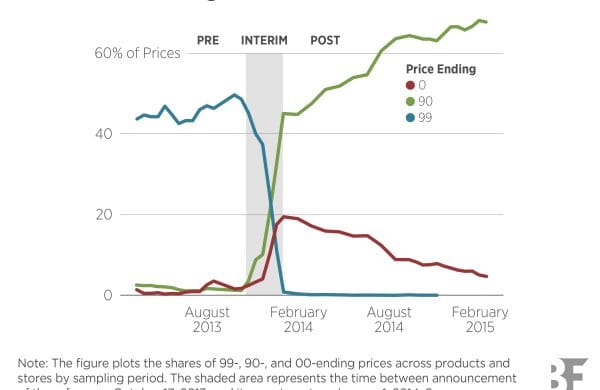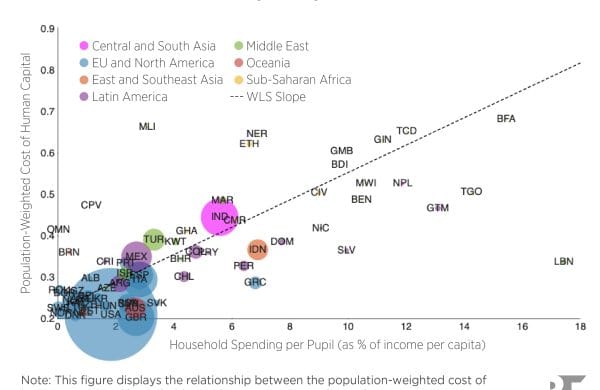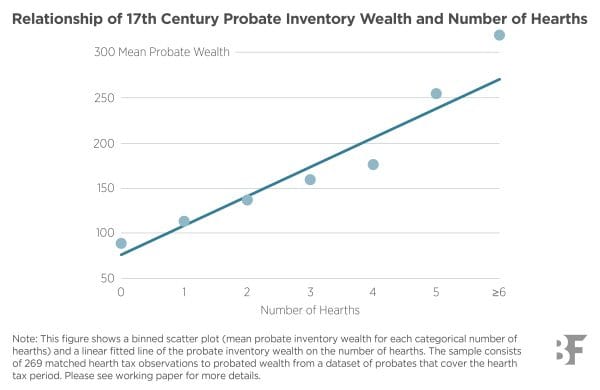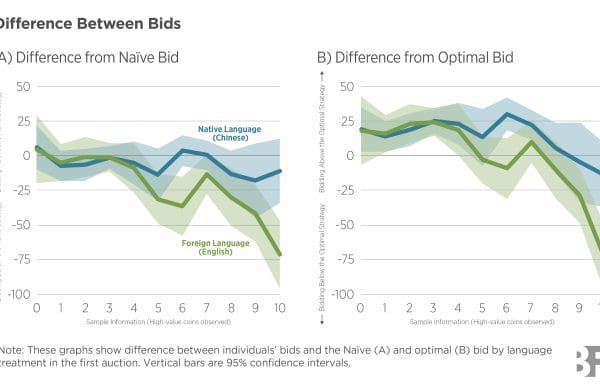- About
- Network
- Research Initiatives
- Big Data Initiative
- Chicago Experiments Initiative
- Health Economics Initiative
- Industrial Organization Initiative
- International Economics and Economic Geography Initiative
- Macroeconomic Research Initiative
- Political Economics Initiative
- Price Theory Initiative
- Public Economics Initiative
- Ronzetti Initiative for the Study of Labor Markets
- Socioeconomic Inequalities Initiative
- Research Initiatives
- Scholars
- Research
- Social Dynamics of AI AdoptionLeonardo Bursztyn, Alex Imas, Rafael Jiménez-Durán, Aaron Leonard, and Christopher RothDo Test Scores Misrepresent Test Results? An Item-by-Item AnalysisJesse Bruhn, Michael Gilraine, Jens Ludwig, and Sendhil MullainathanComplexity Theory and Economic InequalitySteven Durlauf, David McMillon, and Scott Page
- Insights
Videos
BFI Youtube Channel
- Events
Upcoming Events
- News













